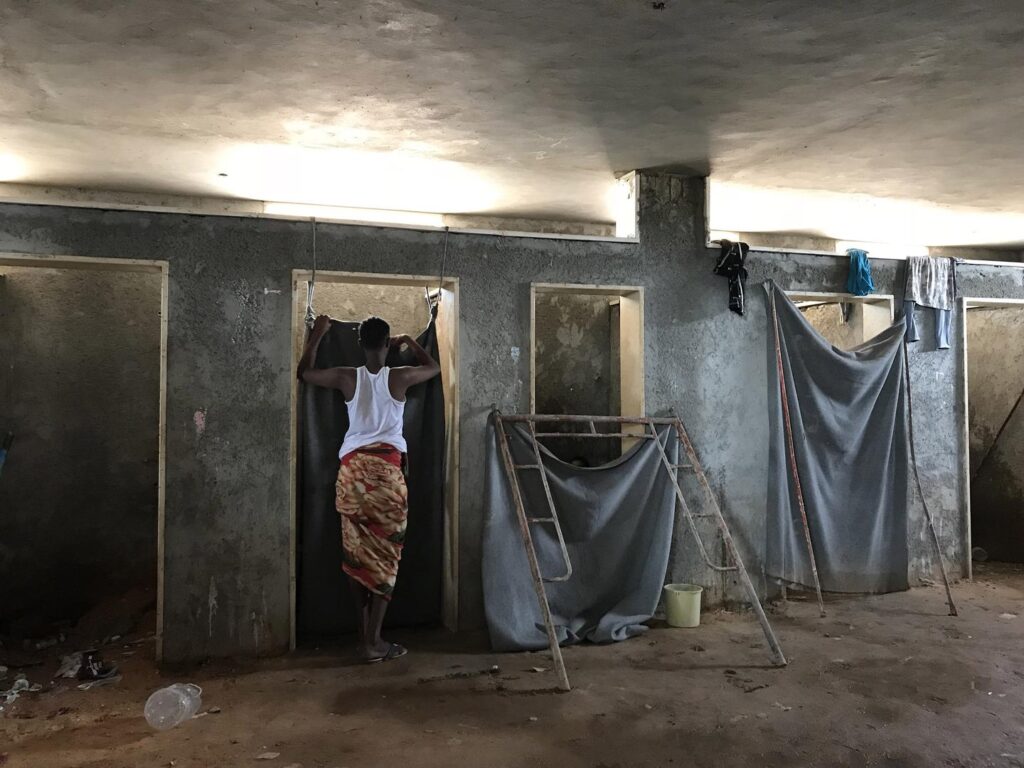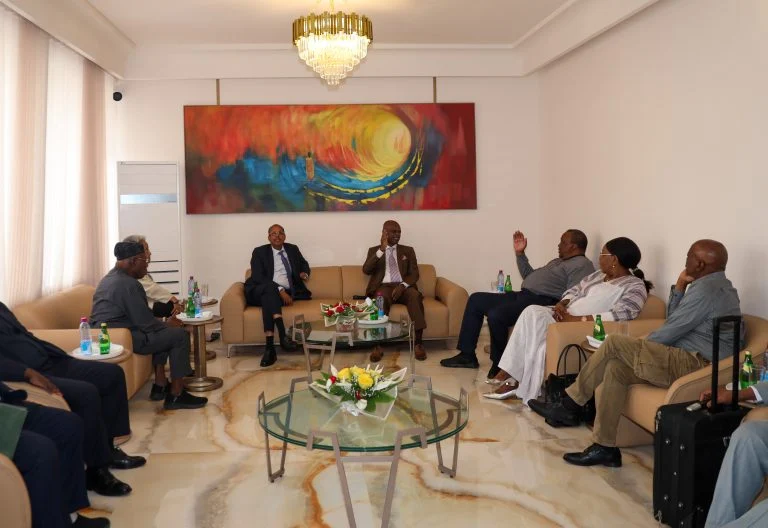
Recognizing the disproportionate impact of the COVID-19 pandemic on developing countries, particularly women and children, a new initiative has been launched to bolster health cooperation between Africa and the Caribbean.
The Health Development Partnership for Africa and the Caribbean (HeDPAC) aims to address healthcare inequities and forge a path towards universal health coverage.
HeDPAC prioritizes strengthening the health workforce across both regions. This includes knowledge sharing, capacity building, and developing innovative solutions in primary healthcare, with a focus on climate resilience, maternal and child health, and pharmaceutical manufacturing. Technology transfer and regulatory framework support will be key components of the initiative.
Dr. Haileyesus Getahun, a seasoned global health expert with 25 years of experience and currently Director of Global Coordination on Antimicrobial Resistance at WHO, will serve as HeDPAC’s inaugural CEO.
“COVID-19 exposed vulnerabilities in our health systems, but it also presents an opportunity to tackle them,” remarked President Paul Kagame of Rwanda, a champion of the initiative. “The time for action is now.”
Prime Minister Mia Amor Mottley of Barbados, another HeDPAC champion, echoed this sentiment. “The pandemic left a deep mark on global solidarity and the right to health for all. We must ensure that inequities in the global response are not repeated. HeDPAC is an essential step towards helping where it’s needed most.”
Professor Senait Fisseha, Vice President of the Susan Thompson Buffett Foundation, hailed HeDPAC as a “herald of a new global public health order built on greater political commitment and action.” She emphasized the potential benefits for vulnerable countries and groups, including women and children.
WHO Director-General Dr. Tedros Adhanom Ghebreyesus expressed enthusiasm for the partnership. “South-South cooperation is crucial in driving a shared vision for health and fostering the exchange of best practices between nations,” he stated.
Dr. Getahun, in closing, affirmed his dedication to the initiative’s mission. “There is no greater role in global health than contributing to health equity for the most vulnerable,” he declared.
HeDPAC marks a significant step towards a more equitable and resilient healthcare landscape for Africa and the Caribbean, offering a promising future for improved health outcomes across both regions.




